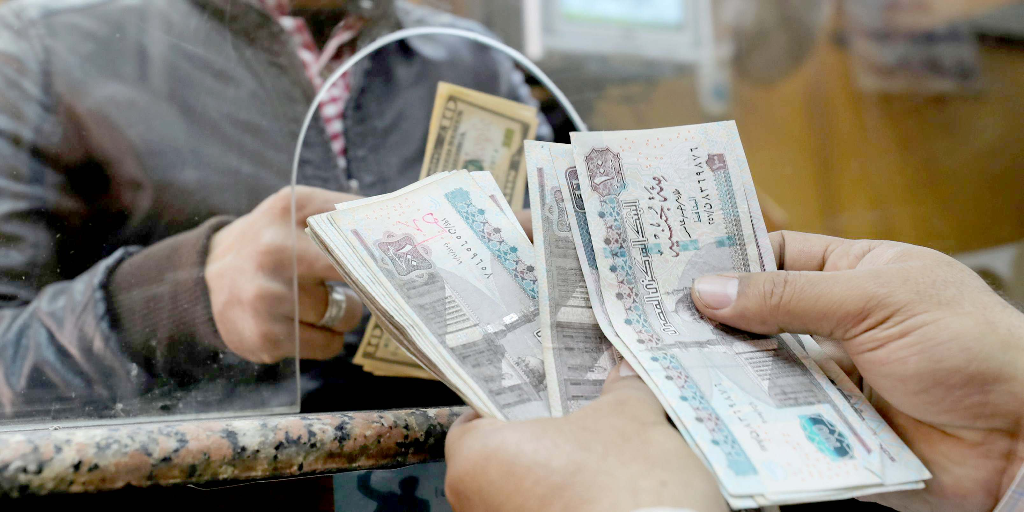Egypt’s real gross domestic product (GDP) grew by 2.4 percent from July 2023 to March 2024, a slowdown compared to the 4.1 percent growth during the same period last year, according to a report by the Central Bank of Egypt (CBE) released on Wednesday. The slow down is attributed to ongoing global economic pressures, including geopolitical tensions, high inflation, and elevated interest rates.
The CBE’s Financial Stability Report for March 2024 highlights that the current economic challenges facing Egypt are closely tied to the complex regional and international environment.
Despite this slow down, Prime Minister Mostafa Madbouly announced that Egypt’s external debt had decreased by over USD 15 billion within the last six months. Madbouly emphasized the government’s continued commitment to economic reforms, with a particular focus on empowering the private sector and maintaining financial stability.
As part of its broader economic agenda, Egypt has set an ambitious goal to bring inflation down to below 10 percent by the end of 2025. Madbouly noted that allocating a portion of the national budget to public projects would play a key role in achieving this target, particularly through infrastructure and clean energy investments.
However, the country is also grappling with a significant loss in Suez Canal revenues. President Abdel Fattah Al-Sisi confirmed that the canal has suffered a decrease of 50-60 percent in revenues this year, amounting to a monthly loss of approximately USD 600 million, or USD 6 billion in total. The decline, attributed to heightened geopolitical tensions in the region, is a major blow to Egypt’s economy, which heavily relies on Suez Canal revenues as a source of foreign currency.
In addition to these losses, Egypt is also feeling the impact of sharp fluctuations in global oil and gold markets. Rising oil prices have increased import costs for the country, while gold’s surge has influenced both internal and external markets, complicating the government’s efforts to stabilize the economy.







Comments (0)